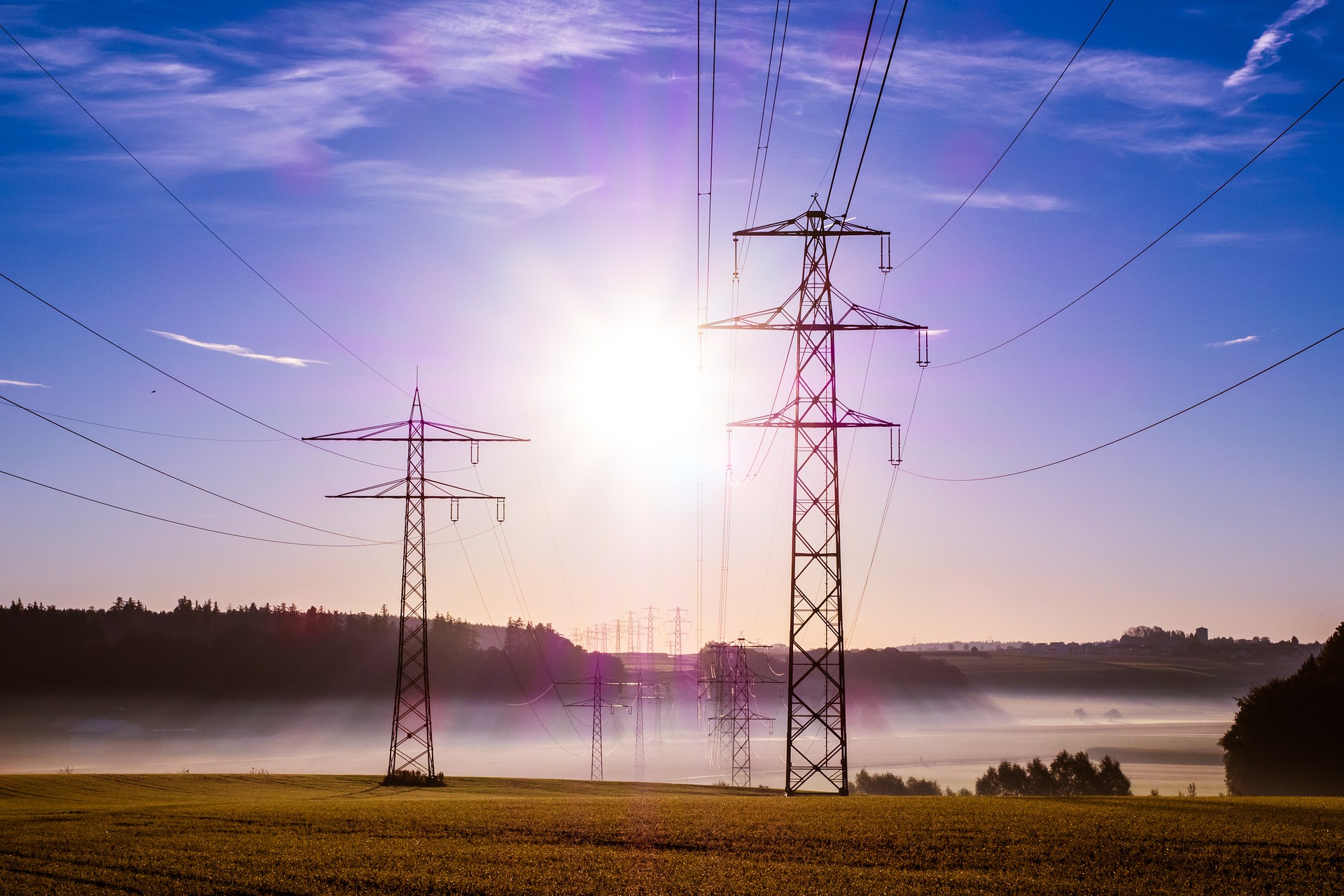With the increasing cost of electricity and power, a number of businesses and homeowners are shifting to the solar power system. Solar Power is the key for clean energy; everyday sun gives far more energy than we need to power everything on earth and it won’t run out anytime soon. A solar power system converts sunlight to electricity with the use of solar panels placed either on the rooftop or flat surface. Are you also planning to get a solar power system installed on your roof? To get it installed, we need to understand the key differences between on-grid and off-grid solar power system for home.
On-grid Solar Power System
On-grid Solar/Grid-Tied Solar Power Systems generate power using solar energy from sunlight and feed it directly to the house and grid. On-grid solar systems generate energy only when there the electricity grid is working and is directly connected to the grid. These systems send excess power generated by the solar power system to the electricity grid with the help of net metering and consumers get compensated for the extra power generated. In the case when there is not enough sunlight to meet your household needs, the system runs on the power supplied by the grid. These are the most cost-effective and simplest systems to install. Such systems will pay for themselves by offsetting the bills in 4-6 years. The biggest disadvantage of an on-grid system is that it does not provide power when there is no supply from the grid (no electricity). On-grid solar systems generally need solar panels along with a mounting system, solar cables and MC4 connectors, grid-tied solar inverter and monitor, AC and DC safety isolator switches, and grounding earth cables and clamps.
Advantages of going with Grid-Tied Solar Power System:
- The on-grid solar power system will reduce the electricity bills and would also help in payback with respect to the extra units fed to the grid with the help of net metering (depends on State Solar Policies)
- On-Grid Solar Power system fully utilizes the solar in first priority and the remaining power is taken from the grid
- The lifespan of an on-grid solar power system is of 25 Years. You can use it for a long period without any damage and without changing the equipment.
- This system will reduce the carbon footprint, thus help our environment grow pollution-free.
- There is no need for expensive batteries to store the electricity.
- The on-grid solar power system has a payback period of around 5 years. After that, you get free power for more than 20 years.
Grid-tied Solar Power System comes with few limitations which could hamper the generation:
- After the sun sets, a grid-tied system is unable to generate energy as it directly connected to the grid and has no backup.
- In an area where the electricity cut off is frequent, a grid-tied system is not successful as it’s not able to generate the optimum amount of energy.
- In the case of grid failure, your system is shut down and any energy generated is wasted.
Off-Grid Solar Power System
Off-Grid Solar Power Systems do not need to be connected to mains power. An off-grid system is not connected to the electricity grid and therefore requires battery storage to provide electricity on days when the solar panels generate less electricity than is required, e.g. at night time or on cloudy days. The idea is that at times when the system provides more electricity than required the surplus can be used to recharge the batteries. However, the cost of the battery makes an off-grid power system much costlier than the grid-tied system, so its recommended in the remote areas far from the electricity grid or an area which has frequent electricity cut-off. As there is no connection with the electricity grid, the excess power generated is fed back to the battery bank. Once the battery back up consumes units to its full capacity, it stops receiving units from the solar power system. So, if you’re still contemplating whether or not you should buy an off-grid solar system, take the following benefits and limitation into consideration:
-
Access to Electricity No Matter What
Some areas are prone to blackouts, while others don’t have access to electricity at all.. Since you aren’t connected to the grid, you can have peace of mind knowing everything will operate as intended.
-
Your home becomes energy sufficient
Back in the day, when we did not have access to the grid, there was no option to generate and save energy. With the off-grid system, we can have electricity 24/7, with the help of battery back up. Having sufficient energy to your home adds a layer of security. Moreover, you will never be affected by power failures because you have a standalone source at home. However, having battery back up will add cost to the solar power system by 40% which will increase the payback period. Also, batteries need to be replaced in around 5 years, adding a recurring cost to the system.
What should I choose?
Choosing between an on-grid and an off-grid solar system fundamentally comes down to whether or not you have access to the grid. If you don’t have access to the grid or there is continuous electricity cut off in your area, Off-Grid System is the only and best option for you. However, if you have access to electricity Grid, installing an on-grid system is preferred. This is because of the net metering system with grid-tied which offers more efficiency and unlimited storage of energy through the grid. You get benefitted from DISCOMs through net-metering which brings down the PAYBACK period and this makes your investment a smart investment. You can see Net-Metering for more information.



